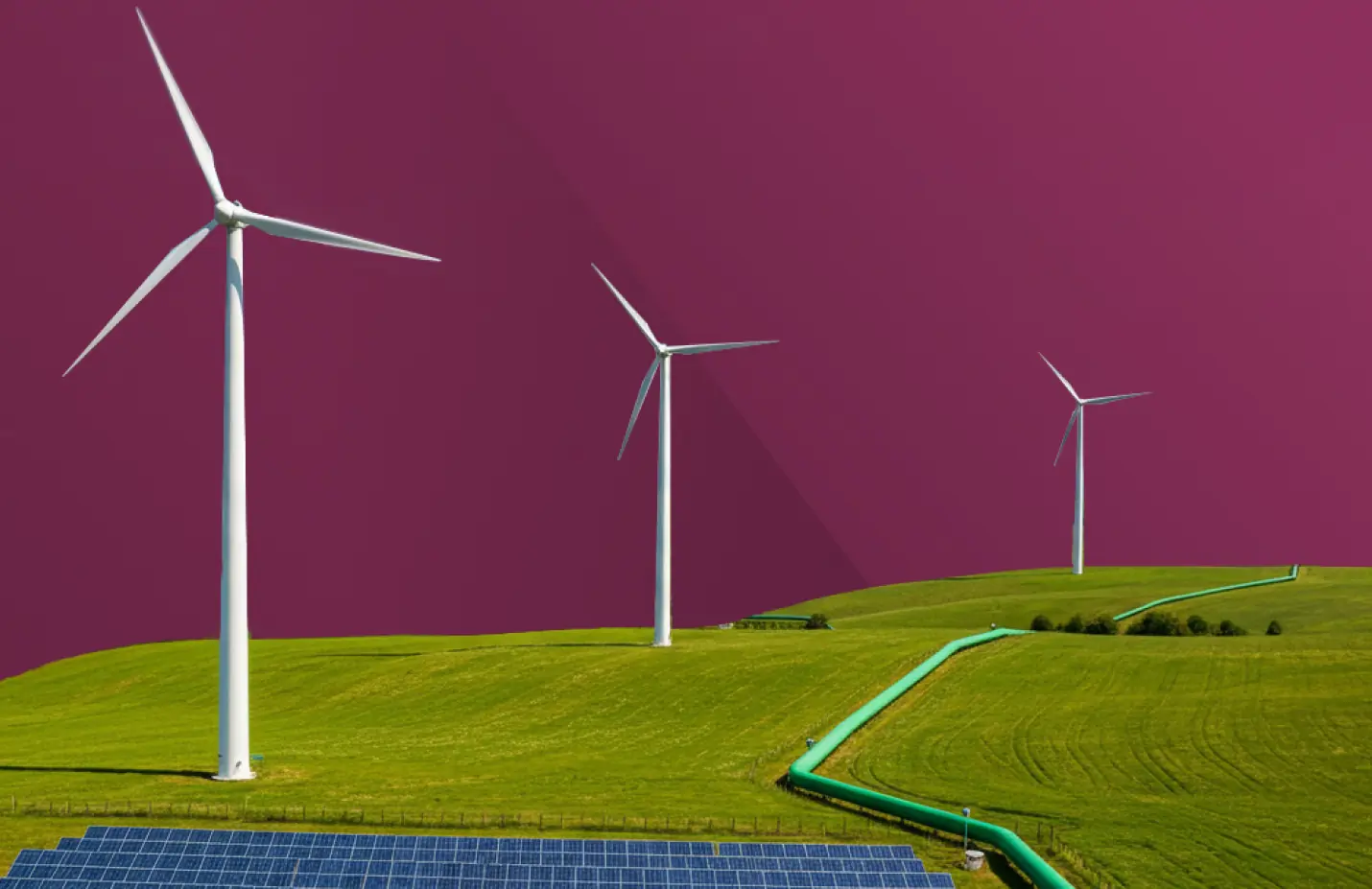Powering America: Guiding the Energy Industry Through The Turbulent Political Moment

The U.S. — and the world — needs more energy to ensure long-term security, innovation, and economic growth. This issue has risen to a new level of urgency amid U.S. efforts to win the AI race against global adversaries while also rebalancing trade to advance geopolitical influence.
The pathway to success involves navigating two frontiers of rising energy demand: reliably powering AI data centers and exporting more domestically produced fuels. Satisfying these goals will require a fuel-agnostic “all of the above” approach.
However, the pace of policymaking is not keeping up with the urgency of the moment. The primary obstacle the energy industry faces in deploying a diversity of energy resources is infrastructure bottlenecks.
As a result, the entire sector is working to reach policymakers on both sides of the aisle, pushing for reforms to enable the quick and reliable financing, permitting, and construction of new energy infrastructure.
Between 2001 and 2024, U.S. electricity consumption grew modestly at 0.5 percent annually. But over the next five years, demand is projected to surge by nearly 16 percent, driven in large part by the rapid adoption of AI."
The Energy Industry’s Balancing Act
Throughout the 2024 campaign, President Donald Trump made it clear that U.S. energy policy and the American energy industry would be central pillars of his administration.
Now, with the new administration and Congress in place, the energy industry faces a rapidly evolving landscape, just as pressure on the energy system intensifies.
Between 2001 and 2024, U.S. electricity consumption grew modestly at 0.5 percent annually. But over the next five years, demand is projected to surge by nearly 16 percent, driven in large part by the rapid adoption of AI. Power consumption by data centers alone is expected to account for almost half of the increase in U.S. electricity demand through 2030.
In this high-demand environment, energy companies and organizations must not only keep pace with technological change but also engage effectively with policymakers and stakeholders to advance their priorities.
Congress continues to prioritize domestic energy policymaking through various legislative actions. Most recently, the “One, Big, Beautiful Bill” introduced sweeping changes to clean energy incentives and permitting structures that could significantly shape the industry’s near-term direction.
As these domestic political shifts continue to reshape the U.S. energy landscape, international developments are adding another layer of complexity for companies and organizations to navigate.
The Russia-Ukraine war, for example, has opened the door for American energy companies to expand their presence in Europe. However, that opportunity is complicated by ongoing uncertainty around whether the U.S. and EU will enforce stricter sanctions on Russian gas imports.
If Europe continues to rely on Russian energy, it could undercut U.S. economic interests, pose national security risks, and stall progress on global emissions reductions.
For the key players in the energy industry to maintain their growth and meet demand, they must rely on strong communications and government relations tactics. This focus will help them get their messaging in front of policymakers and public advocates whose support is critical to initiate change and progress in the sector.
Today’s most essential energy conversations are unfolding across national and trade publications, on social media, behind closed doors, and on the stages of top industry events."
Energy’s Biggest Debates Are Playing Out in A Complex Communications Landscape
Today’s most essential energy conversations are unfolding across national and trade publications, on social media, behind closed doors, and on the stages of top industry events. Navigating this complex landscape demands both the right expertise and strong connections.
The current political shifts present a powerful opportunity for companies to shape the narrative and influence the direction of energy policy. VOX Global helps clients turn complex initiatives into clear, persuasive stories that build support for their legislative goals—and identify the proper channels to tell those stories.
Our strong media and Capitol Hill connections help clients earn coverage and bipartisan backing, but we also know that earned media engagement doesn’t stop at the newsroom. Key events like CERAWeek, the Atlantic Council’s Global Energy Forum, Climate Week NYC, and COP offer critical moments to amplify our clients’ voices.
These major events often serve as launchpads for long-term owned media strategies, with VOX crafting tailored content and communications that keep our clients leading the conversation well beyond the conference stage.
Leading the Conversation: Making the Case for Energy Policy When It Matters Most
Companies and organizations cannot afford to sit on the sidelines. With crucial legislation in flux, shifting political winds, and a steady flow of high-stakes policy debates, it is essential for the energy industry to take charge and advocate for its priorities.
That’s why our clients rely on us to navigate stakeholder engagement and deliver their message where it matters most—whether that’s in the halls of Congress, in the media, or at the center of global energy events.







